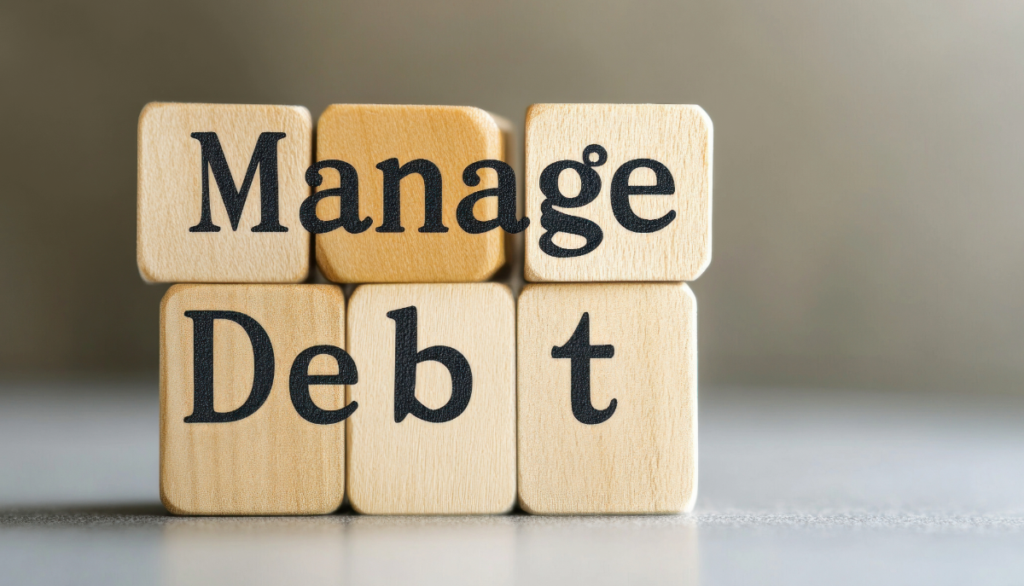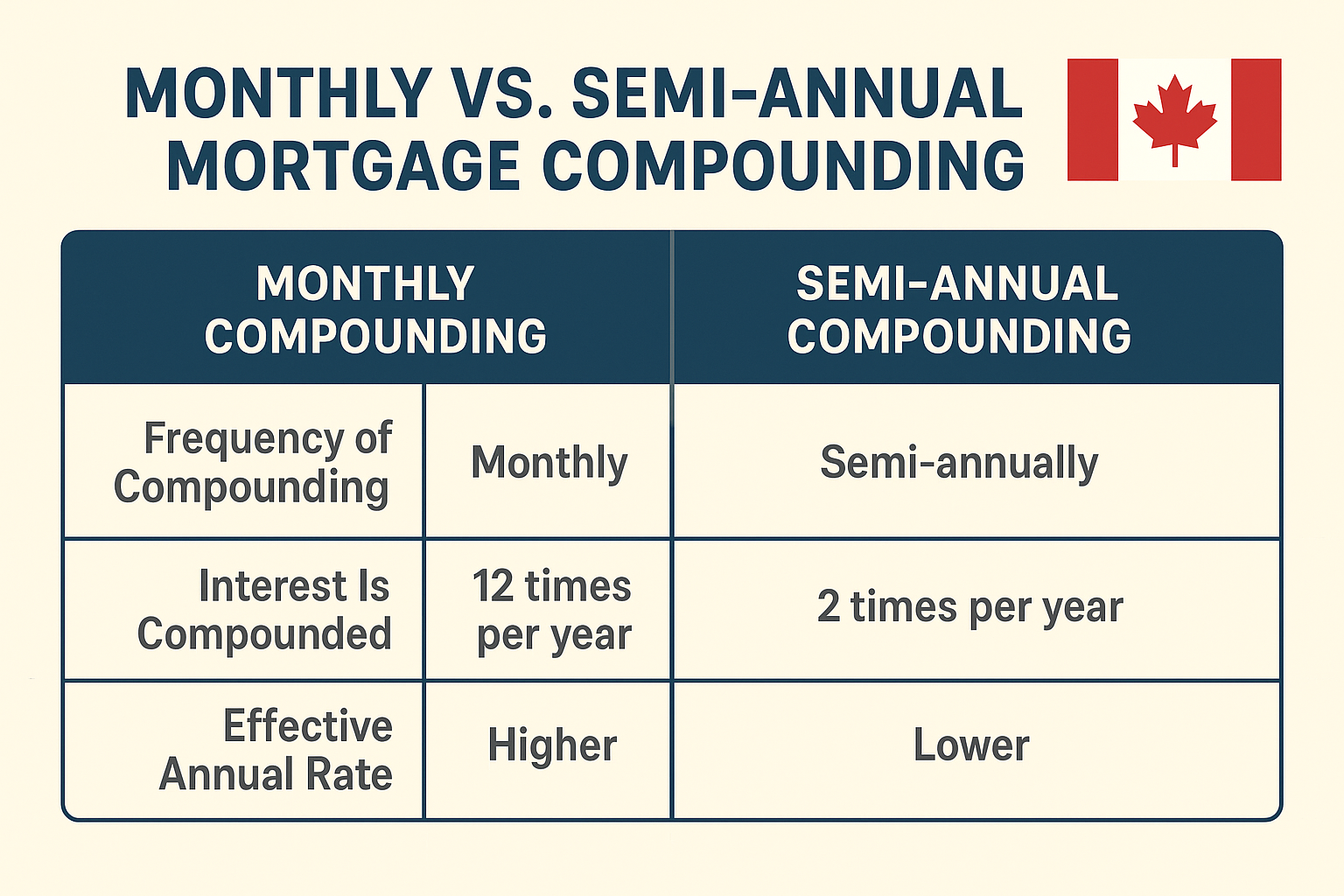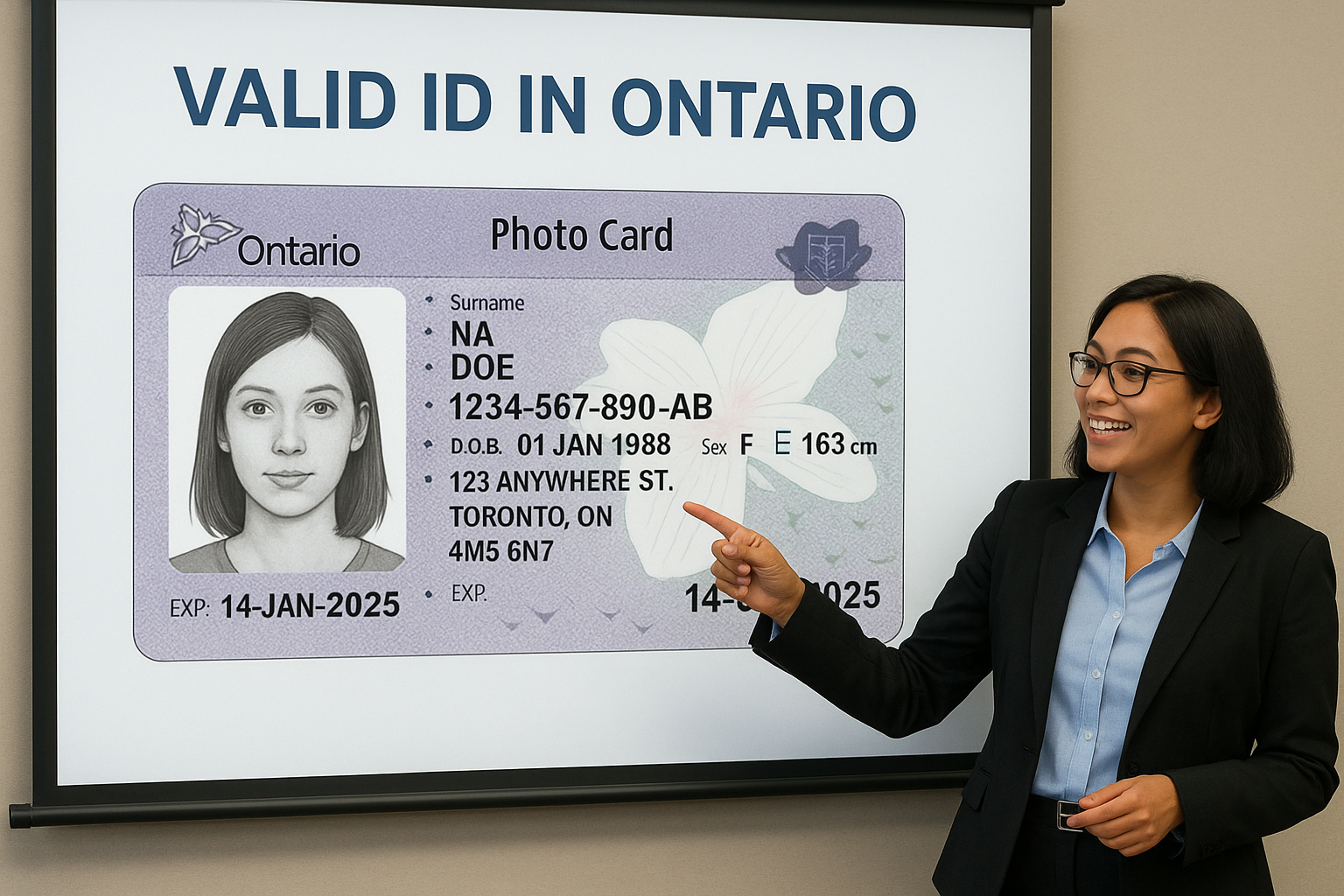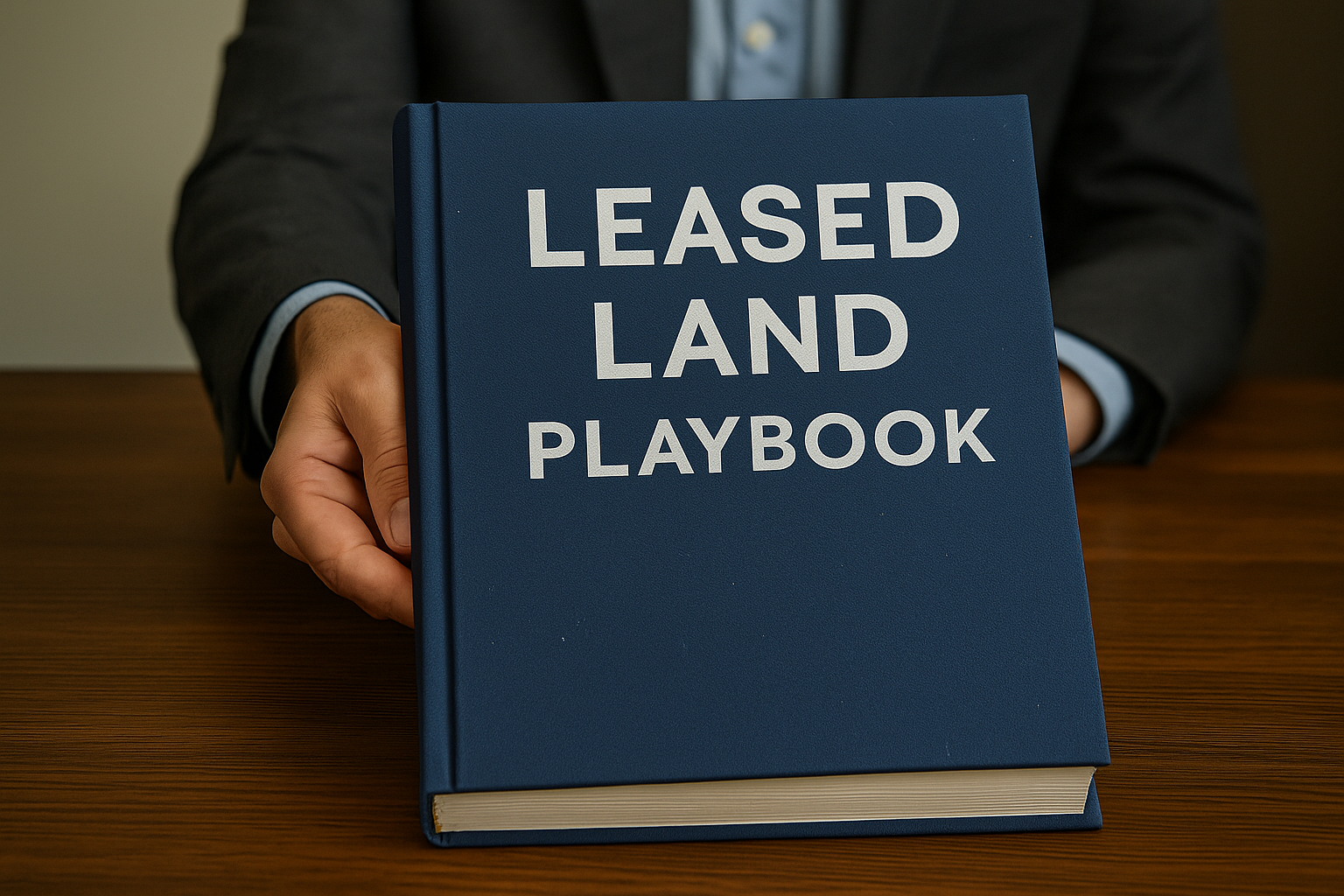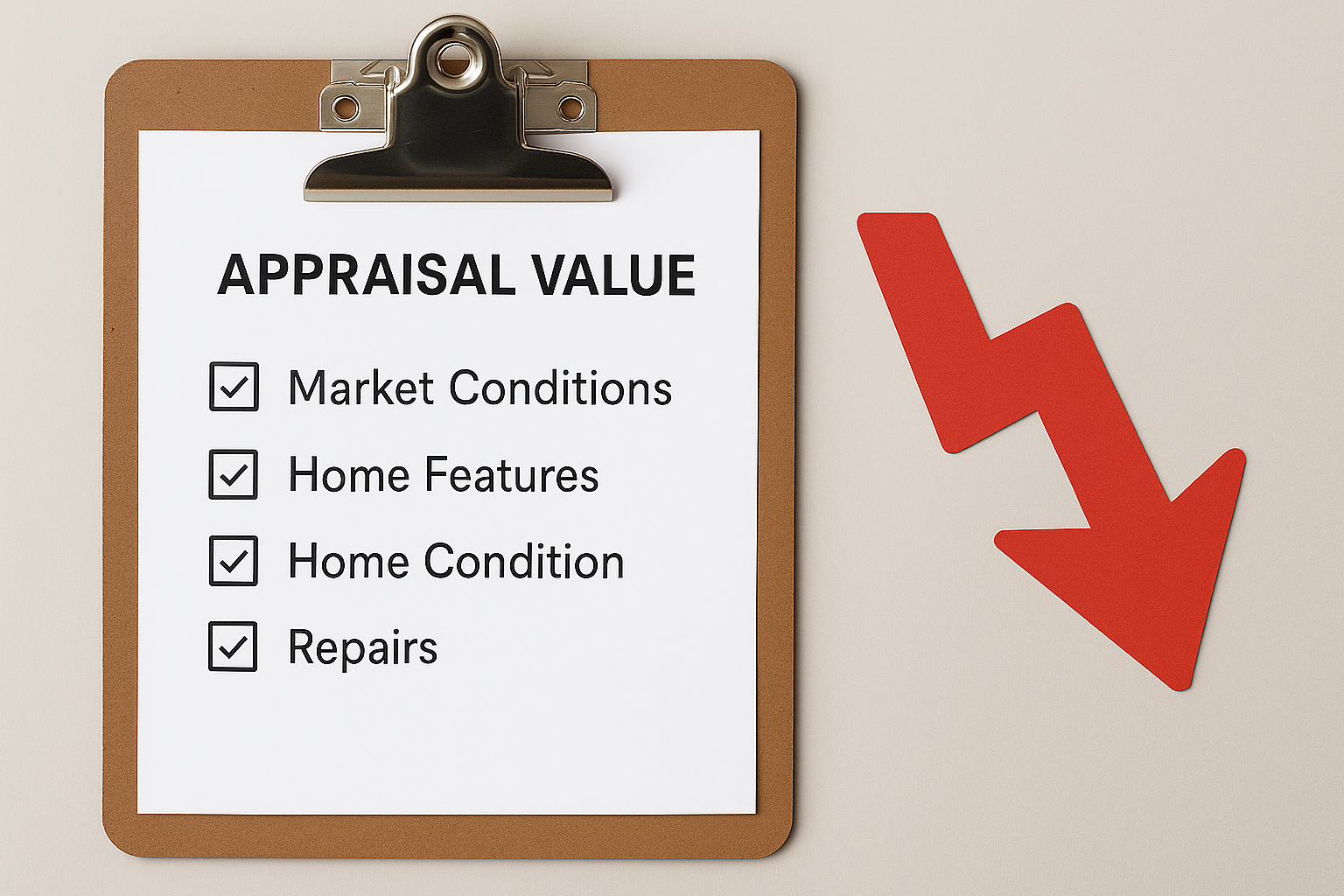If you are renewing your mortgage and have existing high-interest debt, you may want to consider consolidating it into your new mortgage. Attempting to consolidate debt during a mortgage renewal is an excellent opportunity to simplify your finances, reduce monthly payments, and improve your overall cash flow. By combining high-interest debts like credit cards and personal loans into your mortgage, you can significantly ease the burden of managing your budget.
Table of Contents
ToggleWhat Is Debt Consolidation?
Debt consolidation means combining multiple debts into one. Instead of having separate payments for credit cards, personal loans, and other debts, you roll them into your mortgage. This allows you to pay one monthly payment at a lower interest rate. By consolidating debt during a mortgage renewal, you could reduce your overall interest costs.
Benefits of Consolidating Debt During Mortgage Renewal
- Lower Interest Rates: Mortgages often have lower interest rates compared to credit cards and personal loans. Combining your debts into your mortgage can mean paying less in interest over time.
- Single Monthly Payment: When you consolidate your debts into your mortgage, you only have one payment to worry about each month. This can reduce stress and make it easier to stay organized.
- Improved Cash Flow: Lower monthly payments can free up money for other expenses. This can be especially helpful if you are struggling with high living costs or unexpected bills.
- Debt Management Made Easier: Consolidating your debts into your mortgage makes managing your finances easier. Instead of juggling multiple due dates and different interest rates, you have one clear monthly payment. This simplicity can lead to fewer missed payments and a better overall financial outlook.
- Potential Credit Score Improvement: By consolidating your debts, you can reduce your credit utilization ratio, which is a significant factor in your credit score. Lowering this ratio may help improve your credit score over time, as long as you keep your other spending in check.
How To Consolidate Debt During Mortgage Renewal
-
Assess Your Debts: List all your current debts, including credit cards, lines of credit, and personal loans. Make note of the interest rates and monthly payments for each. This helps you determine which debts would benefit most from consolidation.
-
Check Your Home Equity: Your home equity is the value of your home minus what you owe on your mortgage. Lenders may allow you to use your equity to consolidate debt. Make sure you have enough equity to cover your debts. Typically, lenders will allow you to borrow up to 80% of your home’s value, so it’s important to calculate if this amount will be enough to cover your outstanding debts.
-
Evaluate Your Financial Situation: Consider your current income, monthly expenses, and any potential changes in your financial situation. This evaluation will help you understand how much you can afford in terms of a monthly mortgage payment after consolidation.
-
Talk To Your Lender: Speak with your mortgage lender or broker about your options. They can help you understand if debt consolidation is possible during your mortgage renewal. They may also help you find the best rates. Ask about any penalties for early repayment or additional costs that could be associated with refinancing.
-
Refinance Your Mortgage: If you qualify, your lender will combine your debts into your new mortgage. This process is called refinancing. You will then have one monthly payment that includes your previous mortgage and your other debts. Refinancing can help lower your overall interest rate and simplify your payments.
-
Get Pre-Approval for the New Mortgage: Before finalizing the refinancing, it’s a good idea to get pre-approval. This gives you an idea of the terms and conditions you can expect and ensures that you understand your new monthly obligations.
Things To Consider Before Consolidating Debt
- Fees and Costs: Refinancing may come with fees, such as legal costs, appraisal fees, or penalties for breaking your existing mortgage term. Make sure you understand these costs before making a decision. Sometimes, these fees can be rolled into the new mortgage, but it’s essential to weigh the benefits versus the additional costs.
- Interest Over Time: While monthly payments may be lower, extending your mortgage term could mean you pay more interest over the life of the loan. Consider the long-term costs and not just the immediate monthly savings.
- Discipline With Spending: Consolidating debt can help simplify payments, but it is important to avoid running up new debts. Practice good spending habits to avoid future financial issues. If you continue to accumulate debt after consolidation, you could end up in a worse financial situation.
- Impact on Home Equity: Using your home equity to pay off other debts means that you are borrowing against the value of your home. This reduces the equity you have built up. If home values decline, you could end up owing more than your home is worth, which is known as being “underwater.”
- Variable vs. Fixed Rates: When refinancing, you will need to choose between a variable or fixed interest rate. A fixed-rate offers stability, while a variable rate may offer lower initial payments but could increase over time. Consider your risk tolerance and ability to handle fluctuating payments when making this decision.
Is Debt Consolidation Right For You?
Debt consolidation during a mortgage renewal can be a helpful solution for homeowners looking to manage their finances better. It can lower your interest costs and make monthly payments easier. However, it is important to weigh the costs and benefits carefully. If your current debts are high-interest and you have sufficient home equity, consolidating may provide significant savings.
Consider your future financial goals as well. Are you planning to stay in your home long-term? Are you expecting changes in your income or expenses? These factors should influence your decision. Talk to a mortgage expert to see if this option works for your situation.
Alternatives to Debt Consolidation
If debt consolidation is not the right choice for you, there are other alternatives to consider:
- Debt Management Programs: You can work with a credit counselling agency to create a debt management plan. These programs help you negotiate lower interest rates with your creditors and create a structured repayment plan.
- Home Equity Line of Credit (HELOC): Instead of refinancing your mortgage, you could take out a HELOC. This allows you to access your home equity while keeping your existing mortgage terms. A HELOC can be a flexible way to pay off high-interest debts without restructuring your entire mortgage.
- Personal Loan: A personal loan may be an option if you don’t have enough home equity or if you prefer not to refinance your mortgage. Personal loans often have lower interest rates than credit cards, which can help with debt consolidation.
- Budgeting and Expense Reduction: Sometimes the best option is to avoid taking on additional debt. Creating a strict budget and cutting unnecessary expenses can help you free up money to pay down existing debts more quickly.
Final Thoughts
Consolidating debt during mortgage renewal can give you financial relief. It is a chance to simplify your debts and reduce monthly payments. However, it is important to evaluate your overall financial health before making a decision. Look at the costs, benefits, and long-term impacts on your financial situation.
If you are considering this option, speak with your lender to explore what works best for your needs. Debt consolidation can be an effective tool, but only if it fits well with your broader financial goals. Take the time to understand all your options and make an informed decision.
FAQ
- What is debt consolidation during mortgage renewal?
Debt consolidation during mortgage renewal means combining multiple high-interest debts, like credit cards and loans, into your mortgage. This helps you manage one single payment at a lower interest rate. - How can I qualify for debt consolidation during mortgage renewal?
You need enough home equity to cover your debts, and you should discuss the option with your lender to see if you qualify. - What are the benefits of debt consolidation?
Benefits include lower interest rates, a single monthly payment, and improved cash flow, which can ease your financial burden. - Are there any downsides to consolidating debt?
Possible downsides include additional fees, extending your mortgage term, and the risk of accumulating new debt if you do not manage your spending habits. - Will consolidating debt affect my credit score?
It can have both positive and negative impacts. Initially, applying for refinancing may cause a slight dip in your credit score, but successfully managing a consolidated loan can improve your credit over time. - Is debt consolidation the right choice for everyone?
Not necessarily. It is important to assess your financial situation and speak with a mortgage expert to determine if it is the best option for you. - What are the costs involved in refinancing to consolidate debt?
Costs may include legal fees, appraisal costs, and penalties for breaking your existing mortgage. It is important to ask your lender about all potential fees before proceeding.
Consolidate Debt – Mortgage Renewal
- Title Insurance: Proven Homeowner Protection in 2025 - July 8, 2025
- ID Requirements for a Mortgage in Ontario: What You Need to Know - July 2, 2025
- Low Appraisals: Steps Canadian Homeowners Can Take - June 27, 2025

